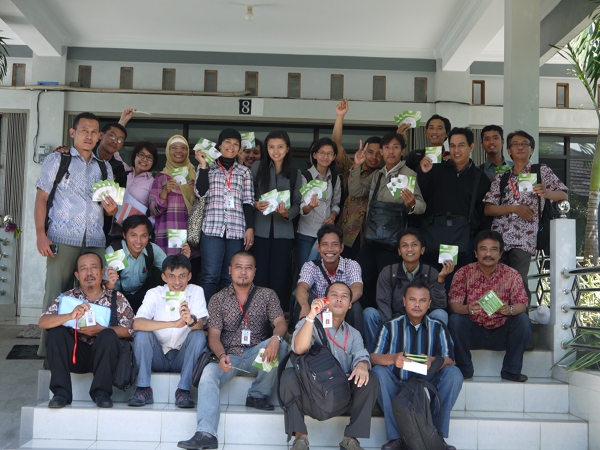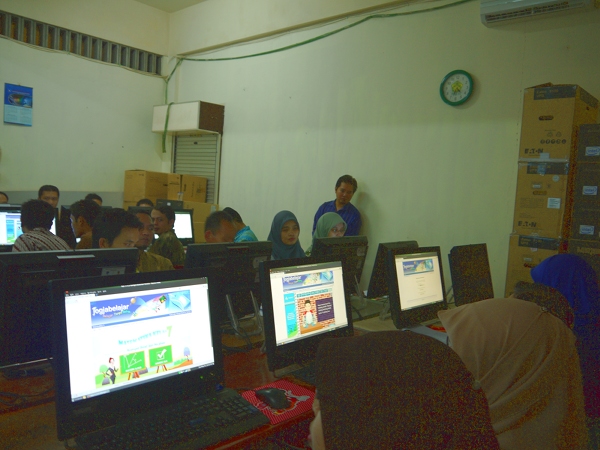Witajcie,
10 września 2004 roku cyberluk wysłał do mnie i do Mirona taką wiadomość:
Witam,
Od początku istnienia Forum uważnie obserwujemy użytkowników i ich wypowiedzi. Wczoraj padła propozycja, żeby zaoferować dwom osobom moderowanie Forum. Dzisiaj po dyskusji na ten temat ustaliliśmy, że faktycznie te osoby dostana status moderatora, oczywiście o ile się na to zgodzą. Jedna z tych osób jest Pan. Czy pasuje Panu status moderatora?
Drugiej osoby na razie nie ujawniamy. Dostanie takiego samego maila.
Oczywiście cala załoga będzie nadal patrzeć, co się dzieje z Forum, ale praca jest pracą i czasami nie ma czasu na zajmowanie sie Forum.
Liczymy na pozytywna odpowiedz. Na razie jest to status moderatora Forum, ale zaczęliśmy się również zastanawiać nad FAQiem, który byłby zbiorem problemów z Forum “w pigułce”. Oczywiście status moderatora wiązałby się z odpowiednimi uprawnieniami przy takim FAQu.cyberluk
Oczywiście pod domeną forum.suse.pl już wcześniej był dostępny skrypt phpBB. Jednak to połowa 2004 roku spowodowała, że Forum otworzyło się na zwykłych użytkowników. To właśnie zwykli użytkownicy zdominowali Forum, tworzyli jego kontent, zarządzali nim i warto to podkreślić. Początkowo Novell Professional Services, a ostatecznie SUSE Polska, udostępniało nam, polskiej społeczności, zasoby i przestrzeń, z których z pożytkiem dla każdego z nas korzystaliśmy.
W ten sposób przez piętnaście lat zwykli użytkownicy, power userzy, a także ludzie zawodowo związani z branżą IT dzielili się między sobą doświadczeniem na Oficjalnym Polskim Forum SUSE Linux. Czas je pożegnać.
Obecnie przestrzenią dla nas będzie forums.opensuse.org. Będąc bliżej Projektu openSUSE, będzie nam łatwiej włączyć się w różnego rodzaju aktywności i koordynować je. Natomiast zwykli użytkownicy zyskają dostęp do znacznie większej społeczności.
Polska sekcja jest widoczna jako subforum pod adresem forums.opensuse.org lub bezpośrednio forums.opensuse.org/forumdisplay.php/936-Polski
W przypadku problemów z rejestracją, proszę o kontakt: pbojczuk@opensuse.org.
Poradnik przetrwania:
forums.opensuse.org/showthread.php/531844-Poradnik-przetrwania-na-forums-opensuse-org?p=2871109
Dostęp do forum.suse.pl będzie ograniczany, a samo Forum wkrótce zamknięte.
Love & bruises,
Przemysław “Stefan” Bojczuk





